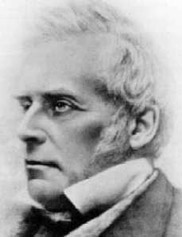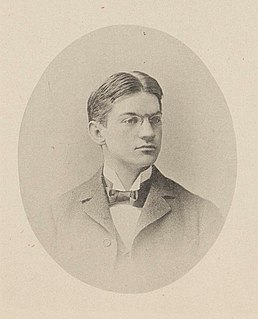A Quote by Florence Nightingale
It may seem a strange principle to enunciate as the very first requirement in a Hospital that it should do the sick no harm. It is quite necessary nevertheless to lay down such a principle.
Related Quotes
Wheeler hopes that we can discover, within the context of physics, a principle that will enable the universe to come into existence "of its own accord." In his search for such a theory, he remarks: "No guiding principle would seem more powerful than the requirement that it should provide the universe with a way to come into being." Wheeler likened this 'self-causing' universe to a self-excited circuit in electronics.
That which the people called Quakers lay down as a main fundamental in religion is this- That God, through Christ, hath placed a principle in every man, to inform him of his duty, and to enable him to do it; and that those that live up to this principle are the people of God, and those that live in disobedience to it, are not God's people, whatever name they may bear, or profession they may make of religion. This is their ancient, first, and standing testimony: with this they began, and this they bore, and do bear to the world.
Philosophers should consider the fact that the greatest happiness principle can easily be made an excuse for a benevolent dictatorship. We should replace it by a more modest and more realistic principle - the principle that the fight against avoidable misery should be a recognized aim of public policy, while the increase of happiness should be left, in the main, to private initiative.
John Stuart Mill believed that the only acceptable reason for government to limit a person's liberty was to prevent him from causing unacceptable harm to others. Mill was not a libertarian, but many libertarians are quick to cite this principle when arguing against a regulation that they oppose. And I believe most thoughtful libertarians are prepared to embrace something fairly close to Mill's harm principle. But accepting that principle implies accepting many of the institutions of the modern welfare state that libertarians have vigorously opposed in the past, such as safety regulation.




































